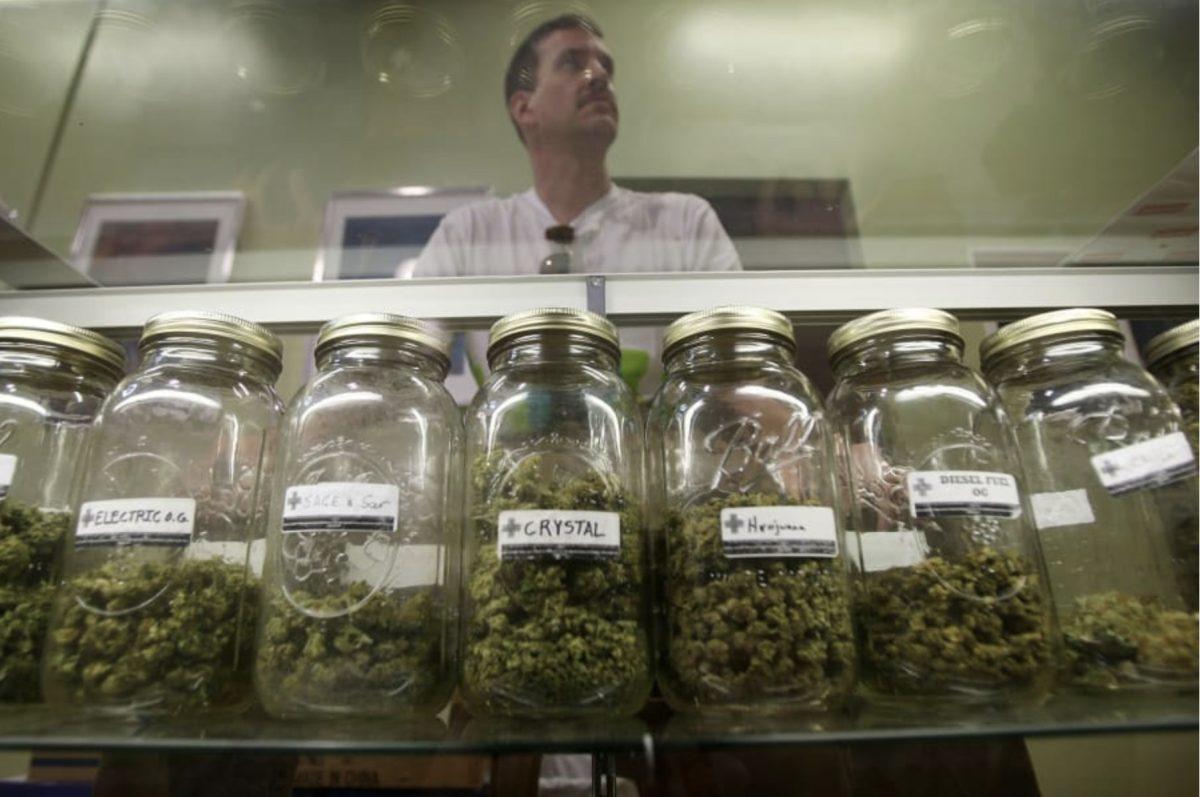On Feb. 2, Mississippi Gov. Tate Reeves passed Senate Bill 2095, legalizing medicinal marijuana within the state. You cannot give him too much credit since this should have been done last November.
According to The Marijuana Policy Project, 69% of voters were in favor of the state adopting a medicinal marijuana program back during the 2020 election cycle. Of these votes, 3/4 were specifically cast in favor of Initiative 65, a much less restricted form of the policy than the offered alternative, 65A. Despite the overwhelming majority, the Mississippi Supreme Court struck down the vote on confusing and esoteric grounds involving a flaw in the ballot initiative caused by an adjustment to the number of congressional districts in the year 2000, making it mathematically impossible to collect the necessary signatures to get medicinal marijuana legally on the ballot.
If you look closely, this means the constitution of Mississippi bars you from your right to petition the government. It also technically de-legitimized every voter initiative from the last 22 years. Despite that can of worms, Senate Bill 2095 was written to replace initiative 65, and was passed with a 103-13 majority in the House and a 46-4 majority in the Senate. This made it veto-proof, and after Reeves’s signature on Feb. 2. as reported by the Associated Press with NPR, Mississippi became the 37th state in the union to legalize medicinal use marijuana.
Nice, now what?
According to the Agency for Healthcare Research and Quality (AHRQ), Mississippi is in the “Middle 31,” of the state healthcare rankings. Of the 151 measures which AHRQ evaluates a state’s healthcare quality on, Mississippi is at or passed the benchmark on 68 of these. We tend to do well with elderly people since, of the state’s five strongest categories, one deals with an amazingly low rate of UTI’s in hospice patients, and two deal with the number of patients who demonstrate improved mobility when walking or getting out of bed.
The bad is a little more attention grabbing. We are 20% off the benchmark for breast cancer deaths, 55% off for pneumonia-related deaths and 80% off for lung cancer deaths. We are 341% off the benchmark for new HIV cases in persons 13 and older, and 433% off base on HIV deaths. Lastly, according to the Centers for Disease Control and Prevention, Mississippi leads the nation in infant mortality as well, with a rate of 8.71.
As much as I agree medicinal marijuana should have been passed, I cannot help but feel this whole situation was a bit of a red herring. The legalization of a pain-relief drug which has been relatively easily available to anyone who wants it while Mississippi’s AHRQ statistic for hypertension hospitalization is 400% over the national benchmark is a bit like buying a new floor mat while your car has no wheels. These statistics get even uglier when they get demographic specific. For example, for Black individuals that number becomes 931% off the benchmark.
Mississippi has a long road ahead of it. Medicinal marijuana is a good start, but to really bring Mississippi’s healthcare to the quality we should demand, it takes more than letting terminal cancer patients smoke a joint. The conversation should now turn to the larger issues: a cultural mistrust of the medical field, poor health education in public schools and a lack of effort on behalf of the government to make sure Mississippians have what they need.








